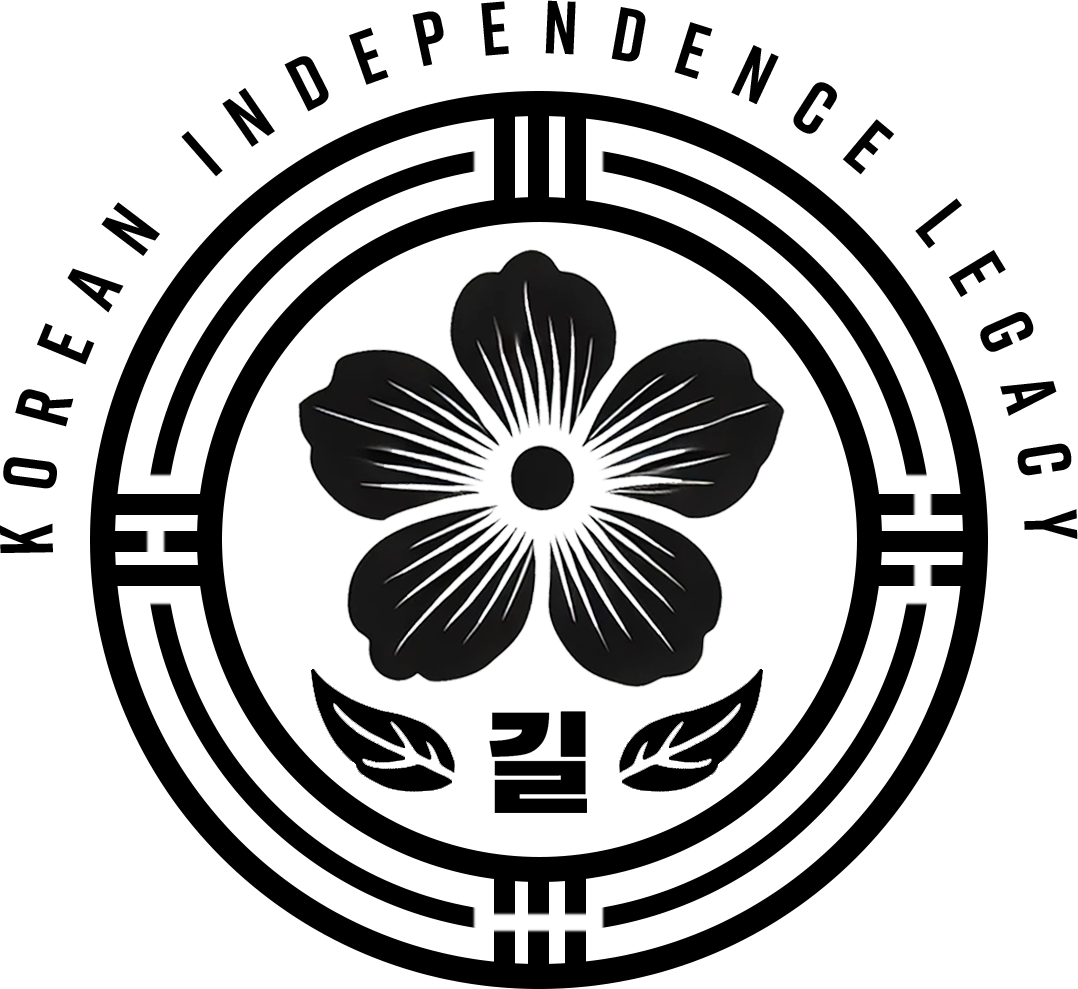Jason Hahn (한장호)
Jason Hahn (한장호, 1893–1994)
Korean Independence Activist & Aviation Pioneer 🇰🇷✊🏽
Born in what is now North Korea, Jason Hahn dedicated his life to Korea’s liberation. In 1916, he immigrated to the U.S., joined the Korean National Association, and became a leading voice in the independence movement.
After the March 1st Movement in 1919, Hahn helped form a militant youth corps and recruited young Korean Americans across California. Believing air power would be essential to Korea’s future, he trained as one of the first Korean pilots in 1920 and later helped found the Willows Abiation School—Korea’s first flight academy.
Though he never flew in combat, Hahn taught, led, and inspired. He went on to lead Korean-American efforts in Chicago, supported anti-Japanese coalitions, and mentored the next generation of Korean Americans.
In 1995, he was posthumously awarded the Order of Merit for National Foundation for his lifelong sacrifice and leadership.
A true pioneer. A freedom fighter. A legacy that soars.
Jason Hahn (한장호, 1893–1994): Korean Independence Activist and Aviation Pioneer
Jason Hahn (한장호), born on May 1, 1893, in Gochon-myeon, Gangdong-gun, Pyeongannam-do (present-day North Korea), was a Korean independence activist and pioneering aviator who dedicated his life to the liberation of Korea from Japanese colonial rule. He was the second of four sons born to Hahn Chang-jeong and Chang-deok. His siblings included Han Eung-ho, Han Sang-ho, and Han Yong-ho. Hahn received a traditional Confucian education in a village school before attending elementary school and later entering middle school at the age of 18. In 1913, he left for Shanghai, China, where he spent two years studying Chinese.
In March 1916, Hahn immigrated to the United States with several other Korean patriots, including Choi Jeong-hun and Kim Bong-gil. Upon arrival, he became an active member of the Korean National Association (KNA) in Manteca, California, and in February 1917, he joined the Young Korean Academy (Heungsadan), an influential organization led by Dosan Ahn Chang-ho. Later that year, Hahn participated in a National Humiliation Day rally in Dinuba, California, where he passionately advocated for Korea’s independence.
Following the 1919 March 1st Movement, Hahn co-founded the “Cheongnyeon Hyeolseongdan” (Young Korean Patriotic Corps), a militant youth organization designed to support the newly established Provisional Government of the Republic of Korea. He traveled throughout California—including cities like Sacramento, Stockton, and Maxwell—recruiting young Korean Americans to the cause. The group aimed to prepare its members, ages 15 and up, for direct contributions to independence movement.
Hahn’s vision extended beyond ground-level activism; he believed that air power would be critical in any future armed struggle for Korean liberation. Along with fellow activists Lee Yong-geun, Lee Cho, and Chang Byung Hoon, Hahn enrolled in a civilian flight school in Redwood City, California. His tuition was funded by Kim Jong-rim, a Korean-American millionaire and major patron of the independence movement. In June 1920, Hahn and two fellow students completed their flight training—becoming some of the first Korean pilots in history.
In February 1920, Hahn welcomed General Noh Baek-rin, Minister of Military Affairs for the Korean Provisional Government, to Redwood. The visit convinced Noh to establish a formal flight training academy, and later that year, the Korean Provisional Government founded the Willows Air School in Willows, California. Hahn joined as both a flight instructor and leader. The school trained over 50 cadets in aviation and military tactics and was the first of its kind in Korean history. Hahn also founded the “Korean Aviators’ Club,” the first pilot organization in Korean history, and served as its inaugural president.
Though he never had the opportunity to fight in combat as a pilot, Hahn continued to lead through education and advocacy. In 1927, he moved to Cincinnati, where he ran a Western-style restaurant and started a family. He later relocated to Chicago and became a key figure in the KNA’s local chapter, eventually serving as its chairman. Hahn helped organize memorial services for fallen independence fighters Lee Bong-chang and Yun Bong-gil and advocated for Korean economic empowerment through commercial cooperation.
When prominent independence leader Kim Kyu-sik visited the U.S. in 1933 to raise funds and build coalitions, Hahn played a role in the resulting formation of the Chinese-Korean People’s Alliance and the promotion of anti-Japanese solidarity. Hahn continued his leadership roles throughout the 1930s and 1940s, serving as a KNA executive, relief committee member, and secretary. He donated consistently to the independence fund between 1916 and 1945.
After Korea’s liberation in 1945, Hahn remained active in the Korean-American community. He focused his efforts on educating second-generation Korean Americans about their heritage and the Korean language. He maintained close relationships with prominent figures and remained a revered elder in the Korean diaspora community.
In 1995, the Republic of Korea posthumously awarded Jason Hahn the Order of Merit for National Foundation (Patriotic Medal) for his contributions to the independence movement. His legacy lives on as a symbol of sacrifice, leadership, and the pioneering spirit of Koreans who fought for freedom from afar.
